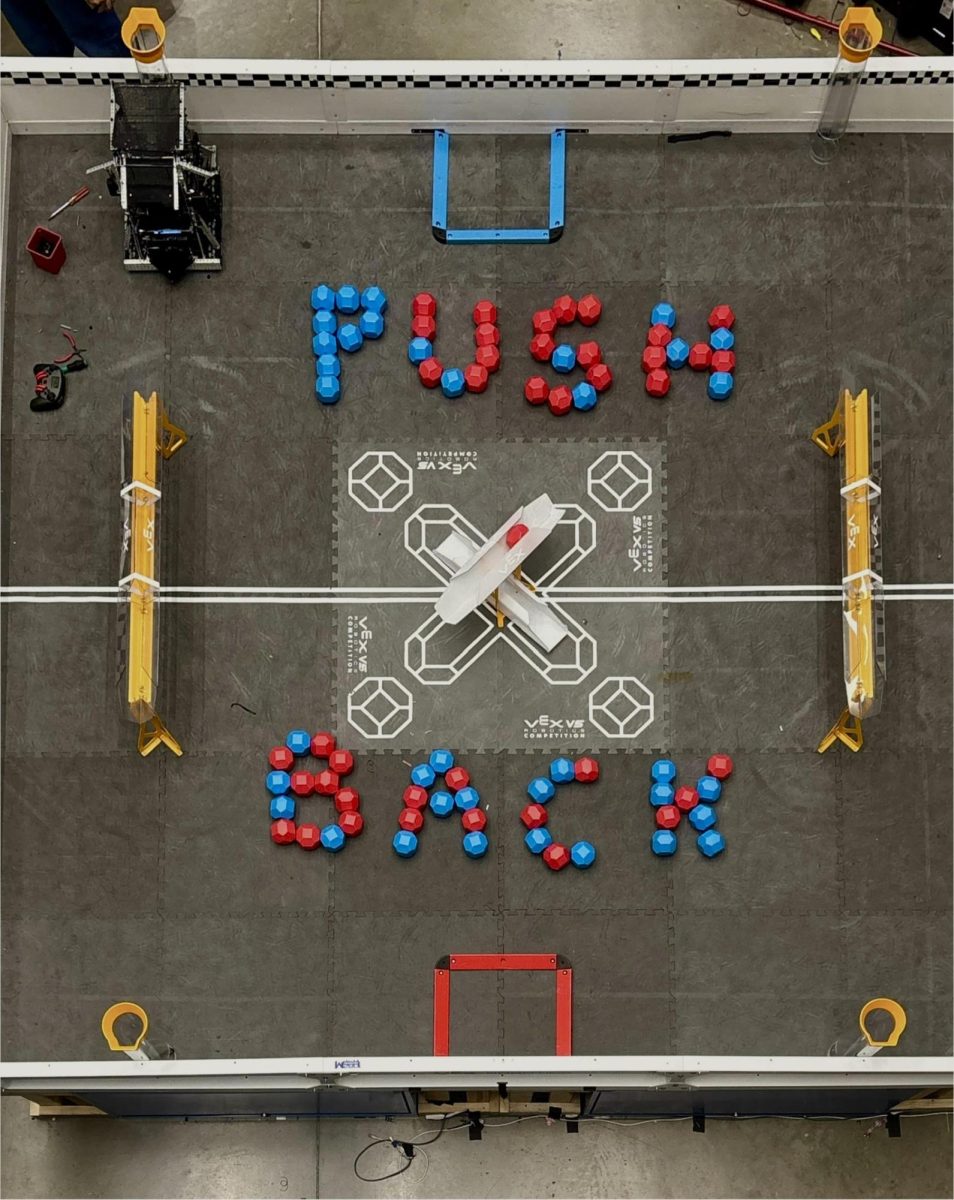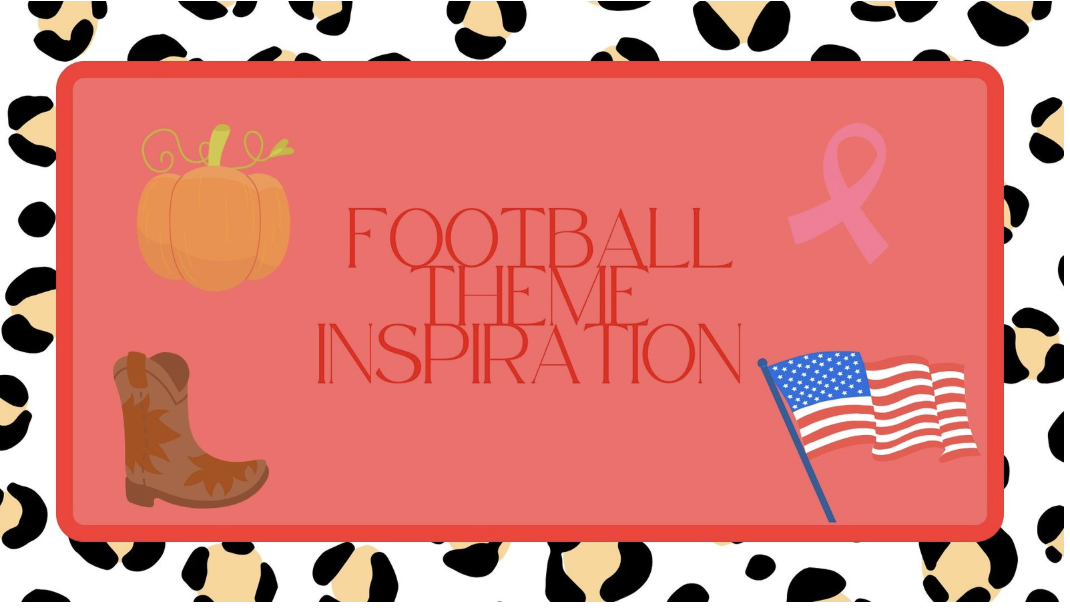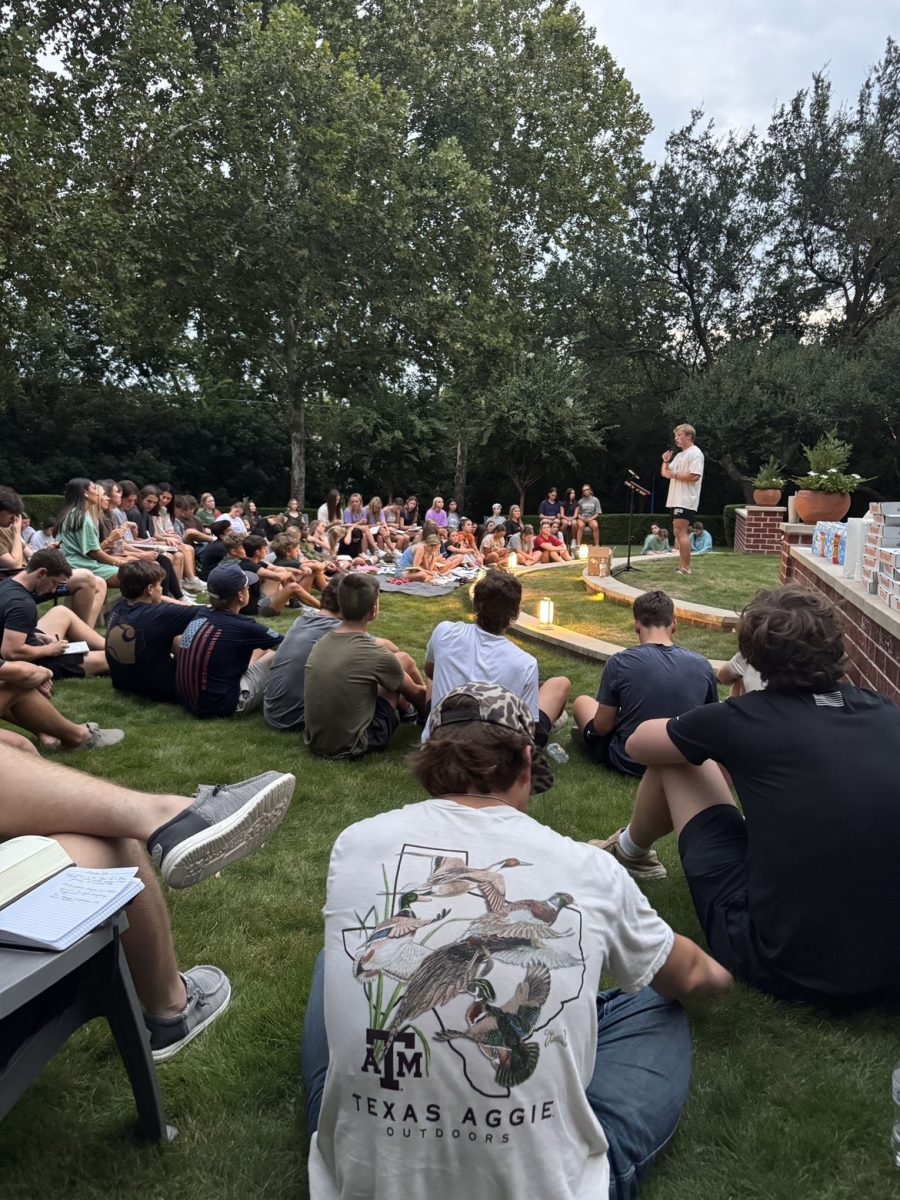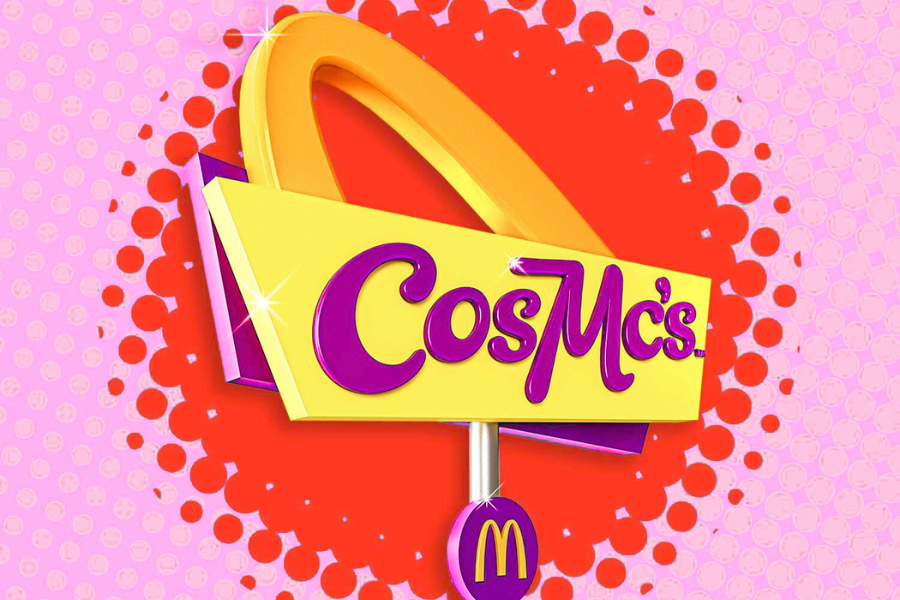Yesterday, speaker Mike Smith visited the school to tell his life story and explain to students that decision one makes in high school can affect them for almost their entire life. Smith wears a variety of hats: motivating students, consulting with businesses, running his non-profits, or finding an interesting world record to break. You can learn more about Smith from his website.
The Red Ledger: How did you get into speaking to high school students?
Mike Smith: “Like six years ago I got asked to speak at a couple local high schools about the nonprofits I had created. Just talking about the work that I was doing and the stuff that I was building, and the things that I was doing in my community. Schools from my local community were asking me to speak, so that started it, and then it sort of just snowballed. I started talking about my story and what I was passionate about. I think it connected with a lot of what kids are at today, so it just kind of went from there.”
TRL: What do you think is the most important message you send to students?
MS: “The two things I want kids to realize are that no one’s more important that anyone else, because we all have a story and everyone matters equally, and that I really do believe there are three types of people in the world: the people who spend their whole life wishing life was different, people talking about their life being different, and people who go out and live the life they truly want. My hope is that young people realize that in high school you create a lot of habits for which one of those three people you’re gonna be. I want to push as many kids as I can to not wish or talk about the life they want, but actually go out and live the life that they want and they’re passionate about. That’s what I hope people take away. If a kid that didn’t get very good grades and came from a small town in Nebraska, if I can do it, there’s no reason that anyone can’t do it.
TRL: What would you say to your high school self today?
MS: “I wish I could go back and learn some of the lessons I learned my senior year during my freshman year. I think I would go back and tell myself that caring what people think about you and the things that you think make you important, those run out really quickly. Most of us, the sport we’re into, or the group of friends we’re in defines the kind of person we are. Once you get out of high school and college, those things don’t matter anymore. I think I would tell myself to care a little bit less about what people thought and care more about what kind of person I was.
TRL: What do you think is the hardest part about speaking to high schoolers and how do you overcome that?
MS: “I don’t think there’s anything really difficult about speaking to high schoolers. I think kids want to be around people who are real. Kids are kind of over the fake and cheesy. I think they’ve sat through enough assemblies where they’ve had to listen to the same thing over and over. So for me, being real and being who I actually am, I think that’s what it is. I don’t think there’s anything difficult. I take a lot of selfies, so sometimes my face gets tired. Does that count?”
TRL: What is something you experienced in high school that influences your speeches/ideas?
MS: “I met a kid named Calvin who changed my entire life during my senior year. So being able to befriend someone like Calvin really made the biggest impact on not only who I was, but who I turned into. Building a friendship with a person who was completely different from me really opened my eyes to the way the world works. Calvin was definitely the biggest thing I took away from high school. Calvin and I grew up about as opposite as you can. He came from a different type of home. He didn’t play sports, and I did. He struggled to make friends, and I didn’t. We lived very different lives, so he really showed me how important it is to just be kind to people.”
TRL: What do you think is the biggest problem facing teens today?
MS: “I think that with the world being so connected and so big, kids focus so much on their little social profiles and who they wish they were and what they wish they were, that I don’t think they spend time creating the stories that make them who they actually are. I think that kids get distracted really easily. I think that there’s also this crazy, kind of weird sense of entitlement that’s sort of happening now that kids kind of believe that they deserve to be the best and they deserve to go first and they deserve a job and they deserve an internship, and they should all get accepted to the best college, and life just doesn’t work that way. I think understanding the process is tough for kids, so recognizing that people who build large companies or people who get to live in their van and travel the world or people that get to do something that they love, it didn’t happen overnight. It doesn’t work that way. There’s a process that it takes. I think that you can look at someones life on Instagram and see that they’re killing it and have millions of followers and their life is this epic adventure. Sometimes the process gets lost because we can see the finished product.”
TRL: Students have said your speaking style is “straight up.” Why do you think this is important?
MS: “I don’t think that sugar-coating stuff helps you guys. Everybody being told what they want to hear, I don’t think that actually helps. The quicker you hear the raw truth about you, and the way we do things and what we do, that’s what makes an impact. I don’t think I have a lot of responsibilities to come to a high school and be fluffy. It doesn’t really make sense to me. So I just want to be as real with you as I want kids to be with me.”
TRL: What’s the biggest impact you’ve seen from your speeches?
MS: “I have seen incredible things. I’ve seen kids start nonprofits, I’ve seen kids create their own brands. One time a group of students decided they weren’t going to take their spring break, and they filled the back of their truck full of socks and sleeping bags and they drove 24 hours straight to where is was cold, and just hooked homeless people up with socks and sleeping bags along the way. It went viral, so people started meeting them along the highway to give them stuff. I’ve seen that there are Skate for Change chapters in every major city in the United States. It happens in Hong Kong, Brazil, Tanzania. Skate for Change is like a global movement. Kids see the things I’ve created and that makes an impact. We’ve done a lot of really cool stuff. It’s hard to pick one thing.”























